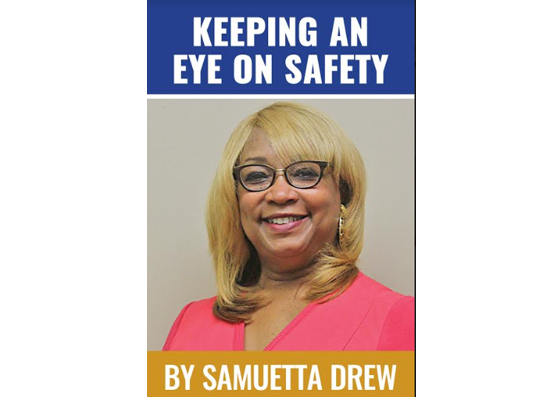By Samuetta Hill Drew
With Christmas next week corner, it is essential for everyone to know if they or a love one is considered high risk for COVID-19. The saying “knowledge is king” is true in this case. Knowing if you or a love one falls into this category will help in taking the necessary precautions to protect yourself or your love one, especially when some will be traveling and/or attending Christmas gatherings.
Last week’s article outlined some medical conditions which could place individuals at high risk for COVID-19. The Centers for Disease Control and Prevention (CDC) tells us that high risk individuals who contract COVID-19 may be at risk for severe illness. The severe illness is defined by the CDC as hospitalization, admission to the Intensive Care Unit (ICU), intubation, or mechanical ventilation, or death.
Space would not allow additional health concerns which places someone in this high-risk category. Therefore, this article will address additional listings for one to review and make the determination if they or a love one falls into this classification. The CDC reminds us that COVID-19 is a new disease.
Currently there is limited data and information about the impact of many underlying medical conditions and whether they increase the risk of severe illness from COVID-19. Based upon current data known today a person could be considered high risk for severe illness from the virus that causes COVID-19 if they have:
• Asthma (moderate or severe)
• Cerebrovascular disease (affects blood vessels and blood supply to the brain)
• Hypertension or high blood pressure
• Immunocompromised state (weakened immune system) from blood or bone marrow transplant, immune deficiencies, HIV, use of corticosteroids, or use of immune weakening medicines
• Neurologic conditions, such as dementia
• Liver disease
• Overweight (BMI > 25 kg/m2, but < 30 kg/m2
• Pulmonary fibrosis (having damaged or scarred lung tissues)
• Thalassemia (a type of blood disorder)
• Type 1 diabetes mellitus
If you or a loved one falls into any of these medical categories listed last week and this week, it is vital that you Keep an Eye on Safety by limiting interactions with other people as much as possible and take precautions to prevent getting COVID-19 when you do interact with others. If you start feeling sick and think you may have contracted COVID-19, get in touch with your healthcare provider within 24 hours.





